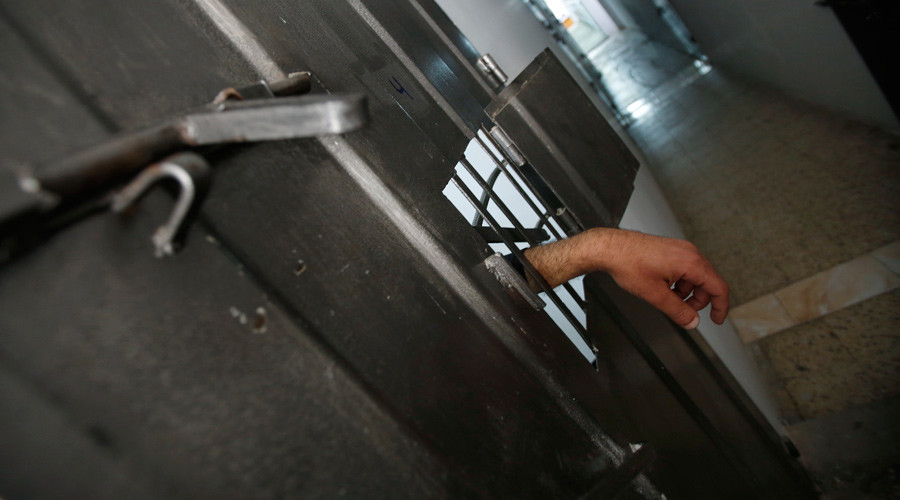-
Tips for becoming a good boxer - November 6, 2020
-
7 expert tips for making your hens night a memorable one - November 6, 2020
-
5 reasons to host your Christmas party on a cruise boat - November 6, 2020
-
What to do when you’re charged with a crime - November 6, 2020
-
Should you get one or multiple dogs? Here’s all you need to know - November 3, 2020
-
A Guide: How to Build Your Very Own Magic Mirror - February 14, 2019
-
Our Top Inspirational Baseball Stars - November 24, 2018
-
Five Tech Tools That Will Help You Turn Your Blog into a Business - November 24, 2018
-
How to Indulge on Vacation without Expanding Your Waist - November 9, 2018
-
5 Strategies for Businesses to Appeal to Today’s Increasingly Mobile-Crazed Customers - November 9, 2018
Israel authorizes force-feeding of hunger-striking prisoners
Israel’s parliament on Thursday passed into law the ability to force-feed prisoners on hunger strike, a move that has met vehement opposition from the country’s medical association.
Advertisement
Palestinian prisoners have staged a series of hunger strikes in recent years, often leading to their hospitalization and waves of protests in the occupied West Bank.
The Israel Medical Association, the country’s professional body for doctors, has consistently opposed the implementation of the law since a draft bill was first formulated by the Justice Ministry in 2013.
While the law does not specifically mention Palestinians, internal security minister Gilad Erdan, who led the legislation, said it was necessary since “hunger strikes of terrorists in prisons have become a means to threaten Israel”.
The human rights organisation Adalah Legal Center for Arab Minority Rights in Israel also condemned it as “torture”. In the case of loss of consciousness, doctors must also be aware of the prisoners’ plans, the report says.
A spokeswoman for the Israel Prison Service said there was now one Palestinian held on administrative detention and four “security prisoners” who had been on hunger strike for over a week.
Dayef expects that the force feeding law could have the implications which are the opposite of what Israel intends, “by bringing more criticism and attention to the main issues”.
The strikes are used as a form of protest against administrative detention, which allows Israel to keep prisoners in custody without trying or even charging them for indefinite periods of time.
In June, Khader Adnan of the Palestinian Islamic Jihad militant group went on a hunger strike in jail for 56 days, refusing solid food and drinking only water, demanding an end to his detention without trial. Several hundred are held in administrative detention, according to the Palestinian prisoner advocacy group Addameer, where they can be held for months or years without charge or trial.
Right now, there are two prisoners on hunger strike in Israel. “The Israeli government believes that it is above the law by approving laws against the Geneva convention and worldwide humanitarian law”.
“Under no circumstance will force-feeding of prisoners and detainees on hunger strike comply with human rights standards”, the UN Special Rapporteur on the right to health, Dainius Pûras, stated Tuesday.
Advertisement
“We cannot reach a situation where a prisoner risky to the public is freed because the state was not able to save him from death and is forced to release him”, he wrote.





























